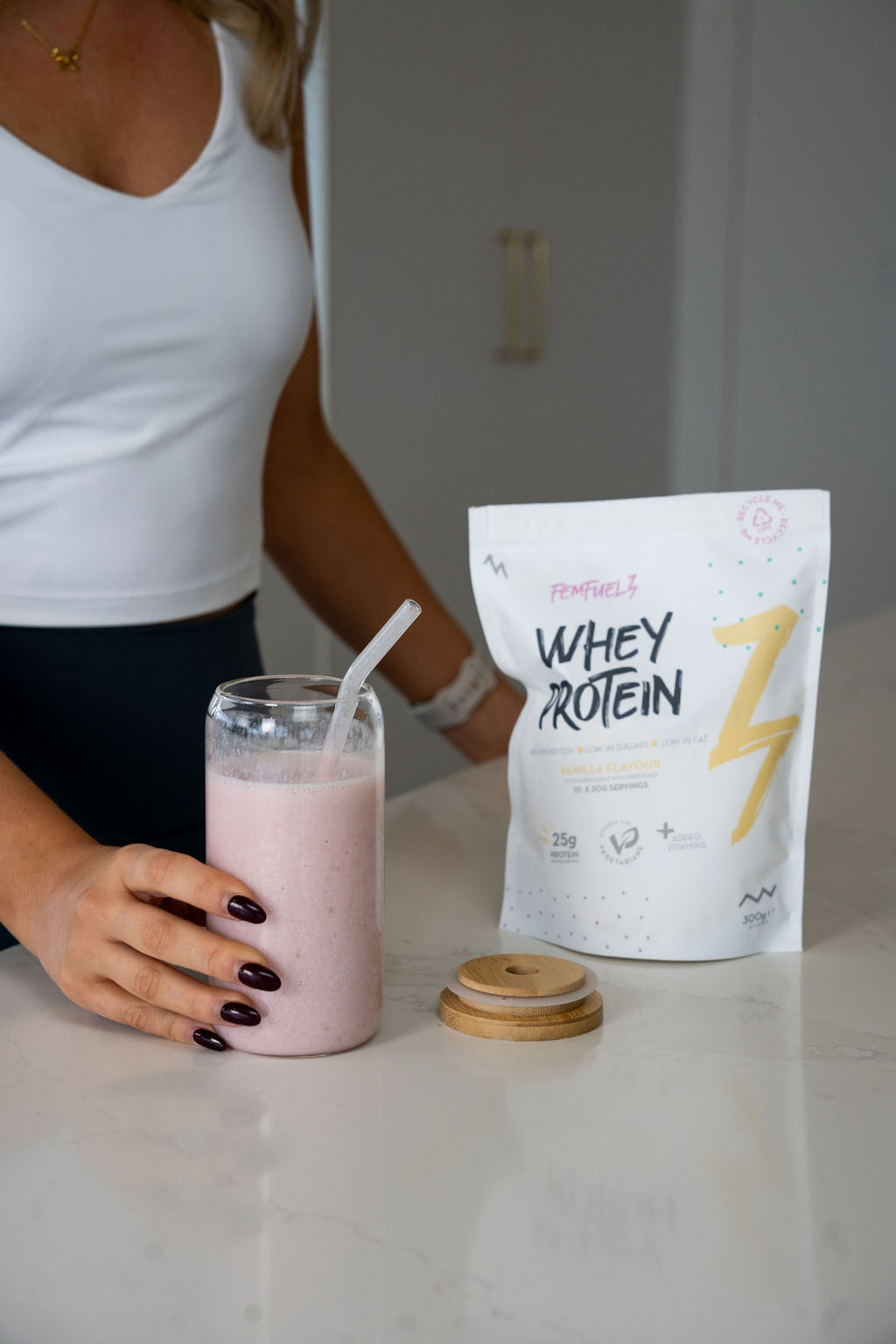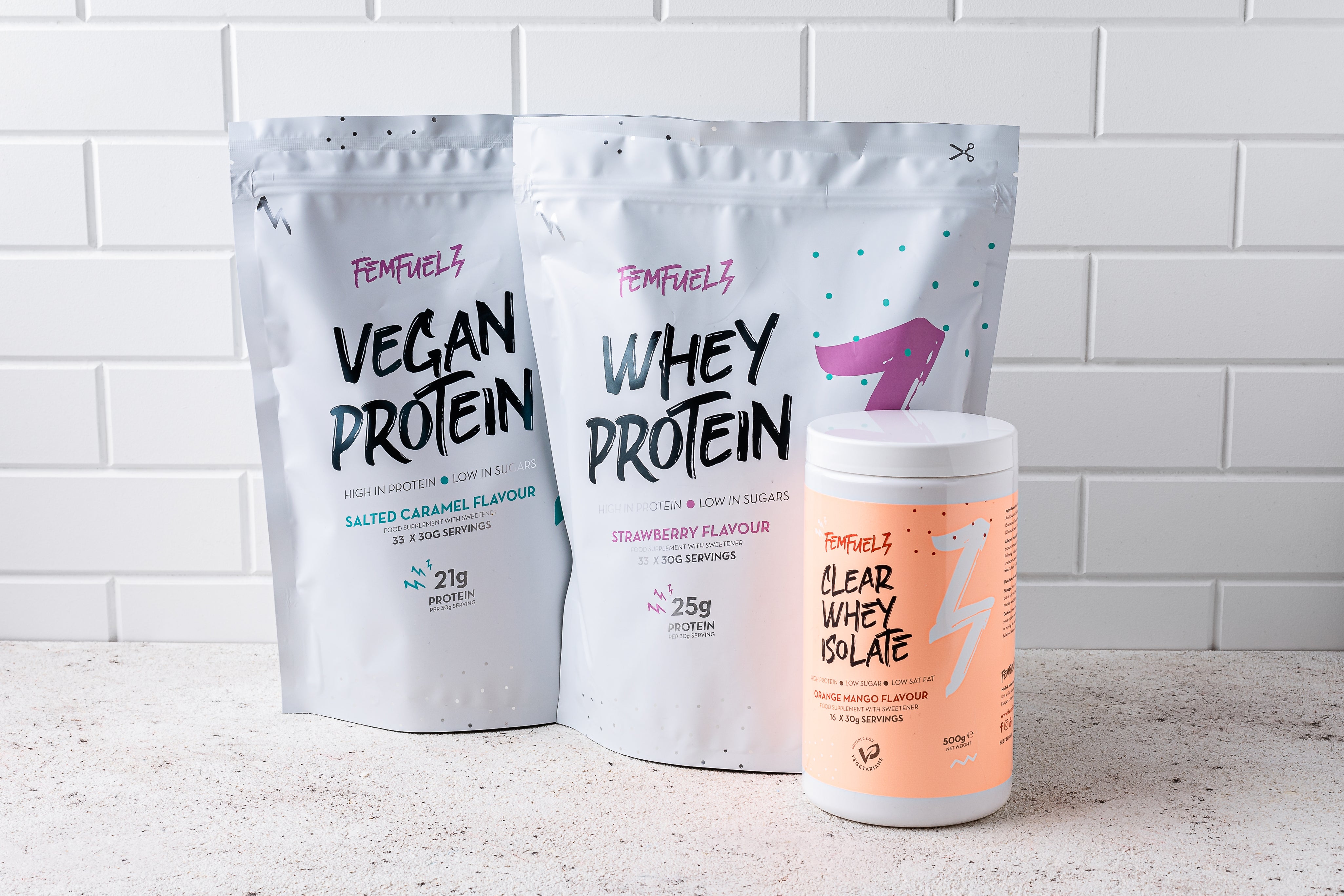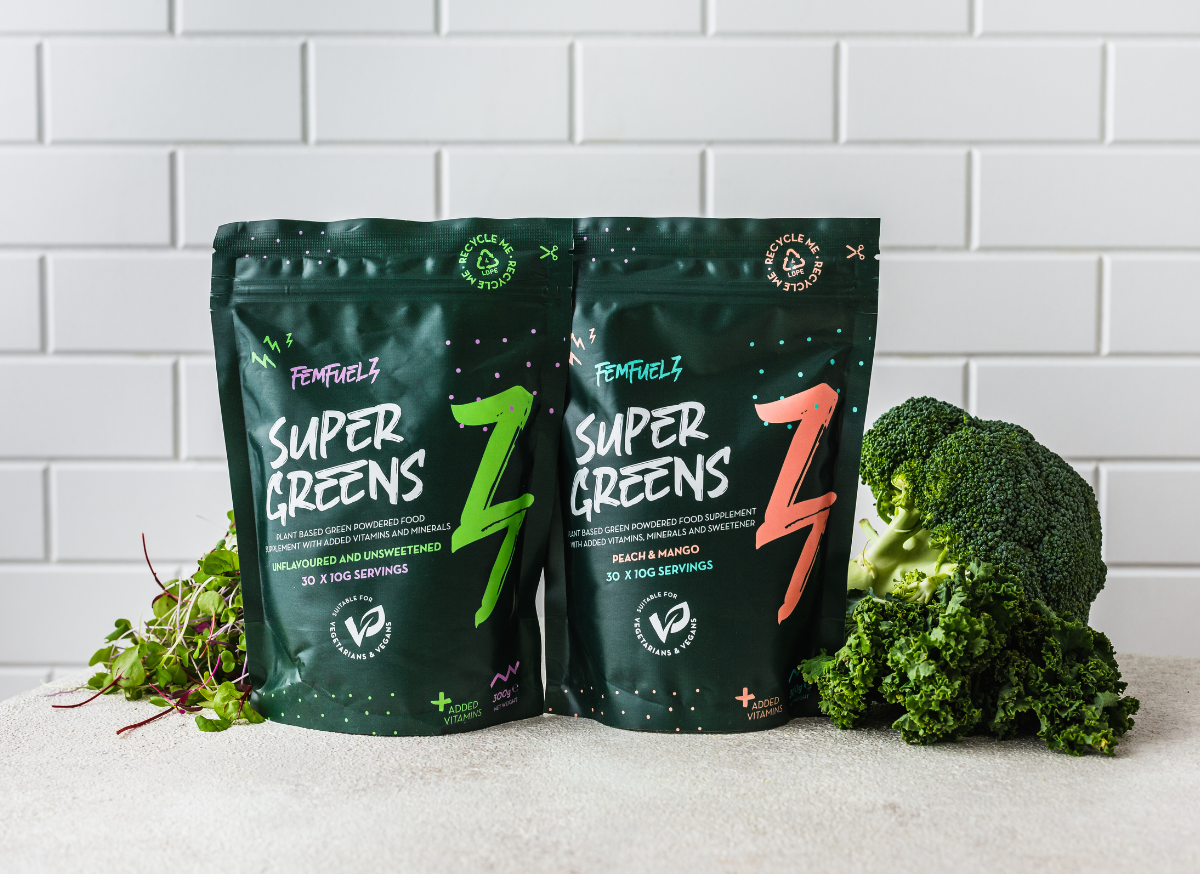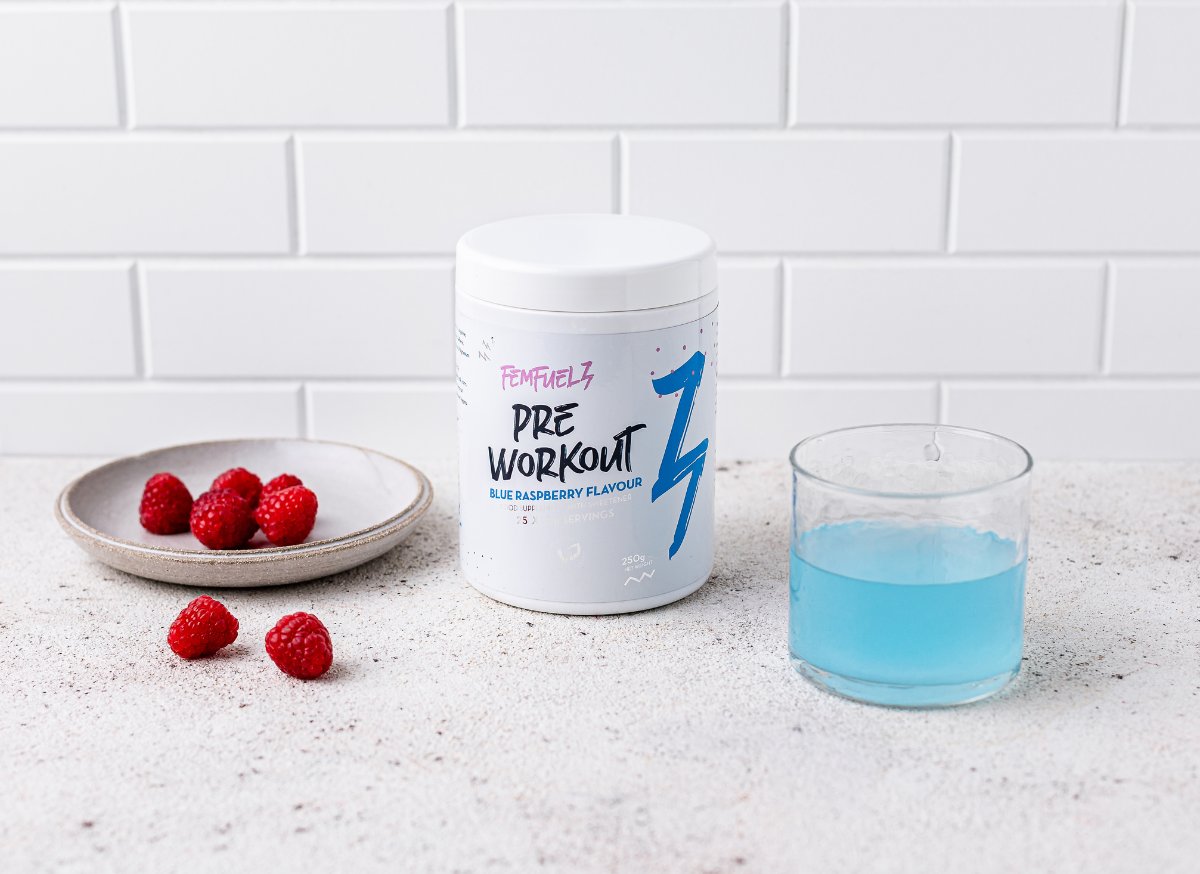The world of diet culture revolves around a constant search for the next best trend or craze, usually based on misconceptions and a desire for rapid weight loss results. We’re living in a society where high protein diets may be viewed as ‘that next best trend’, but Femfuelz has taken all protein misconceptions into consideration to help people reach their full potential. Having protein with meals is essential for muscle protein synthesis and weight management, but why does protein increase that feeling of fullness? Satiety. Satiety is the satisfied feeling of being full after eating a meal. This prevents further intake of excess food. However, eating as much protein as possible at every meal will not increase satiety, desired muscle mass, or weight loss goals. To help you meet these goals, Femfuelz has considered the importance of protein, based on three key factors; quantity, quality, and timing of consumption.
The recommended daily amount (RDA) of protein is 0.75g per kilogram of body weight for adults; age, activity, and health status dependant. The daily minimum recommended requirement is 50g of protein, so the Femfuelz serving size of 20g-25g of protein will aid in reaching this whilst enhancing your meals for optimal satiety. Only 30g of protein can be absorbed by the body per meal! 20-25g is the perfect way to balance your intake, as well as targeting both the gut and brain. Protein digestion is vital for this gut-brain connection, signaling to neurons in the brain to stop eating by decreasing hunger, which in turn can help with weight management.
Consuming the right amount of protein at main meals throughout the day is important, but the quality of protein is also significant for reaching your goals. Protein quality is determined by its amino acid composition, the building blocks of proteins. Your body needs twenty amino acids, but only nine are essential and must be obtained through diet. Protein sources containing the correct amount of amino acids, such as Femfuelz whey protein powder, have the highest digestibility rate. This means the gut is more likely to make the most of the benefits from the protein source such as building muscle, improving the immune system, but also regulating the hormones and neurotransmitters linked to satiety.
When the components of a balanced meal are digested; protein, carbohydrate, and a healthy fat source, hormones such as Ghrelin and Leptin are regulated by the hypothalamus in the brain. Ghrelin is ‘the hunger hormone’, which can be suppressed by protein intake. Leptin inhibits hunger, which is why it is associated with fat storage. It is made by cells found in the gut, so targeting your gut with correct protein sources is key!
The craze surrounding high protein diets can be confusing, but spreading your protein intake throughout the day, using high-quality sources and understanding the importance of digestion, hunger and satiety will help you accomplish your goals. Many factors play a role in appetite regulation, but finding what works best for you whilst trusting your protein sources will be a positive step towards overall satisfaction for your body and mind!
-Aisling Finucane, Clinical Nutritionist (MSc) @ Blank Nutrition.







